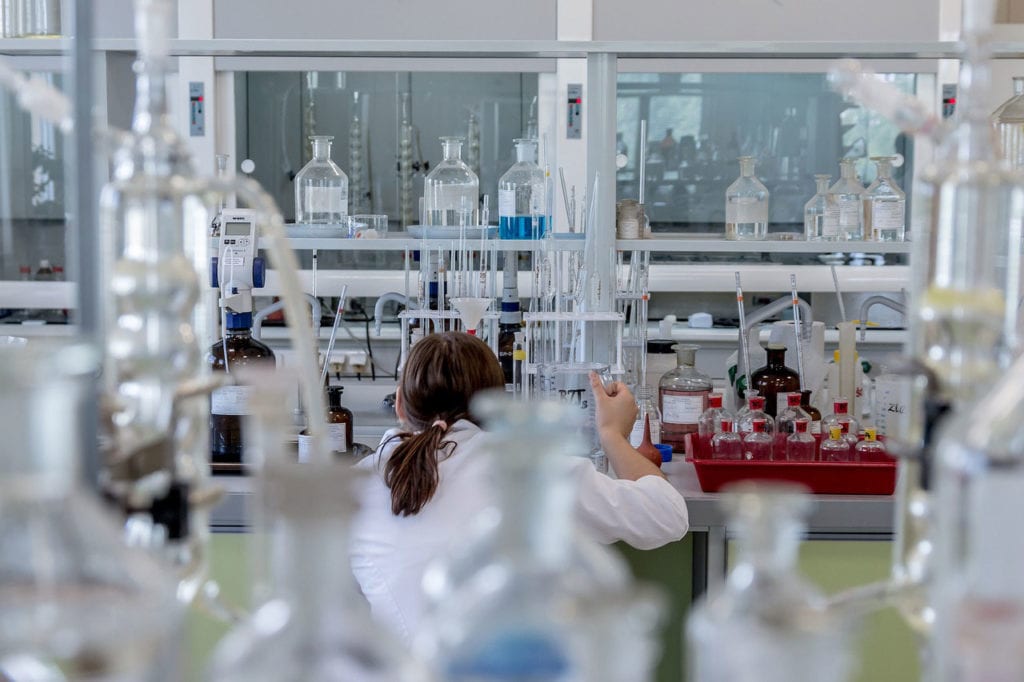Dermatomyositis (DM) is a disease which causes muscle weakness and rashes on the skin. Immunosuppressive drugs are a common treatment prescribed for the condition. Patients may also be given methotrexate, rituximab, and mycophenolate to name a few. However, all of the treatment options pose risk for serious side effects or infection and they are not always well-tolerated by the patient. There is ongoing research to find more effective therapies for this rare condition.
Just recently, Corbus Pharmaceuticals has announced the initiation of a Phase 3 clinical trial for the disease. It’s called Determine.
Determine
The trial is studying the efficacy of lenabasum for treating dermatomyositis. It was designed to include a wide spectrum of DM patients. This way, the results from the 1-year study will be applicable to the entire population of DM patients. If the efficacy and safety of this drug are confirmed by this study, Corbus will apply for FDA approval of lenabasum as a treatment for the condition.
The Phase 2 trial of the drug showed safety and tolerability. No severe adverse events related to lenabasum were found. You can read more about the Phase 2 trial which allowed progression to Determine, here.
The Phase 3 trial will involve 150 participants. They will be randomized with some patients receiving 20mg of lenabasum twice daily, some receiving 5mg twice daily, and some receiving placebo twice daily. This study will last 52 weeks, at the end of which a Total Improvement Score will be given. 6 endpoints will be measured in total. These include- Physician Global Assessment of Disease Activity/Extramuscular Disease Activity, Patient Global Assessment of Disease Activity, Health Assessment Questionnaire, Mannual Muscle Testing, and Muscle Enzymes. Organ involvement and the CDASI will also be evaluated.
Lenabasum
Lenabasum has already received Orphan Drug Designation from the FDA. It is a small molecule which binds to CB2 to induce the production of SPMs. These work to resolve inflammation as well as increase the speed of bacterial clearance. It does not involve immunosuppression. The drug also works to limit the production of fibrogenic growth factors as well as extracellular connective tissue. An excess of these can cause scarring. In animal studies, the drug has proven effective for reducing inflammation in DM, cystic fibrosis, and rheumatoid arthritis and in all studies utilizing the drug so far, there have been favorable tolerability and safety profiles.
Stay tuned for updates on this Phase 3 clinical trial both on PatientWorthy and on ClinicalTrials.gov. If successful, a new treatment option for dermatomyositis could be coming soon.
You can read more details on this research and the previous Phase 2 trial here.







